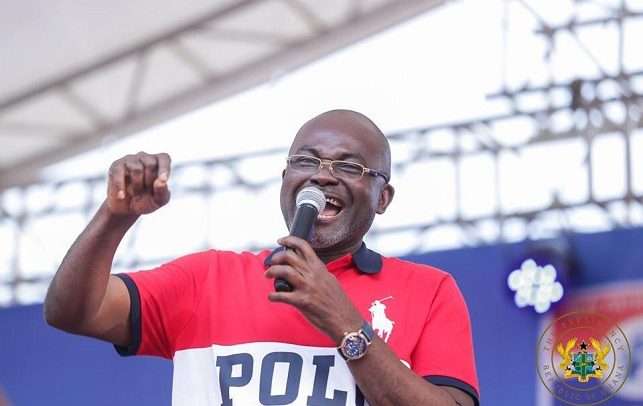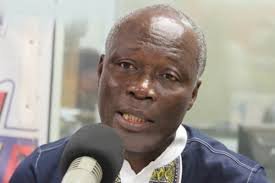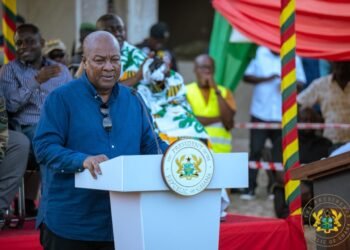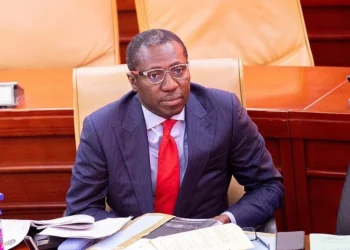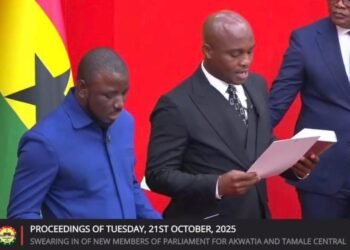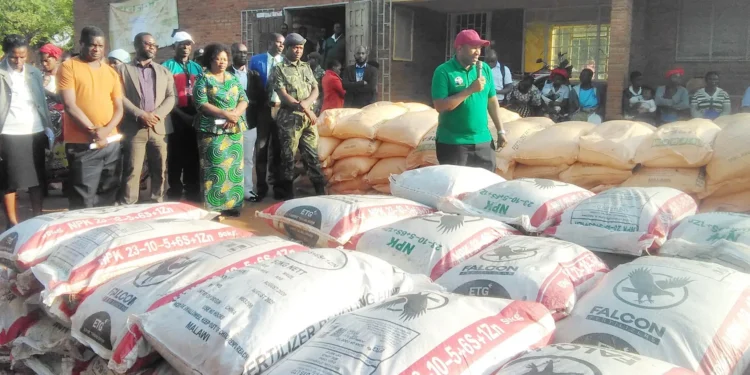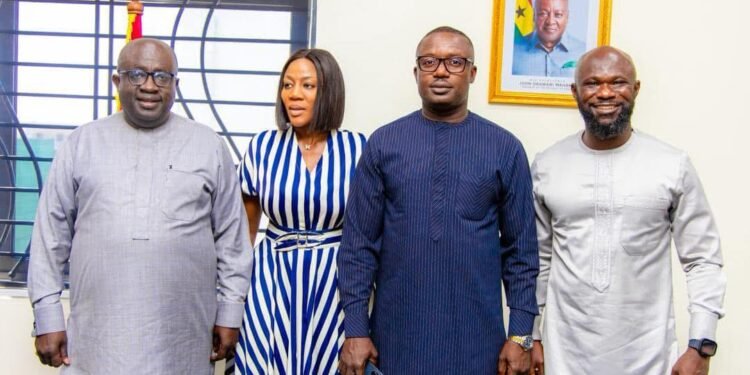The helicopter crash that tragically claimed eight lives has reopened debate about the dangers of excessive partisanship in Ghanaian politics.
For Kennedy Agyapong, flagbearer hopeful of the New Patriotic Party (NPP), the incident should serve as a defining moment for national reflection.
He stressed that the devastating event illustrates how “the extent to which unnecessary partisanship is destroying our country” cannot be ignored any longer.
According to him, Ghana has reached a point where the over-politicization of critical national matters is placing lives and long-term development at risk.
He warned that the temptation to score cheap political points has become a major obstacle to progress.
Agyapong specifically pointed to how previous debates on essential government initiatives have been derailed by propaganda and hostile rhetoric.
“Propaganda and vitriolic attacks, mostly by opposition parties, must not stifle the pursuit of important national projects. President Akufo-Addo faced stiff opposition from some members of the NDC when the matter of the acquisition of a new Presidential Jet came up.”
Kennedy Agyapong

He singled out Member of Parliament Hon. Okudzeto Ablakwa as one of the fiercest critics of the proposal, insisting that Ablakwa’s combative approach was a textbook example of the populism he decries.
According to Agyapong, the irony is that the delegation set up to explore the acquisition of the aircraft was led by Hon. James Agalga, himself a senior member of the opposition.
A Call For Accountability And Reflection
Kennedy Agyapong further asserted that the lesson is straightforward: Hon. Okudzeto Ablakwa, he insisted, must apologize to Ghanaians for what he views as needless politicization of critical issues and a disservice to the nation.
He emphasized that the country should rise above personality-driven disputes and instead focus on safeguarding long-term national interests.
“It needs stating that in the long term, the acquisition of a fit-for-purpose Presidential Jet is economically prudent compared to the expenditure incurred on presidential travels devoid of the same.”
Kennedy Agyapong
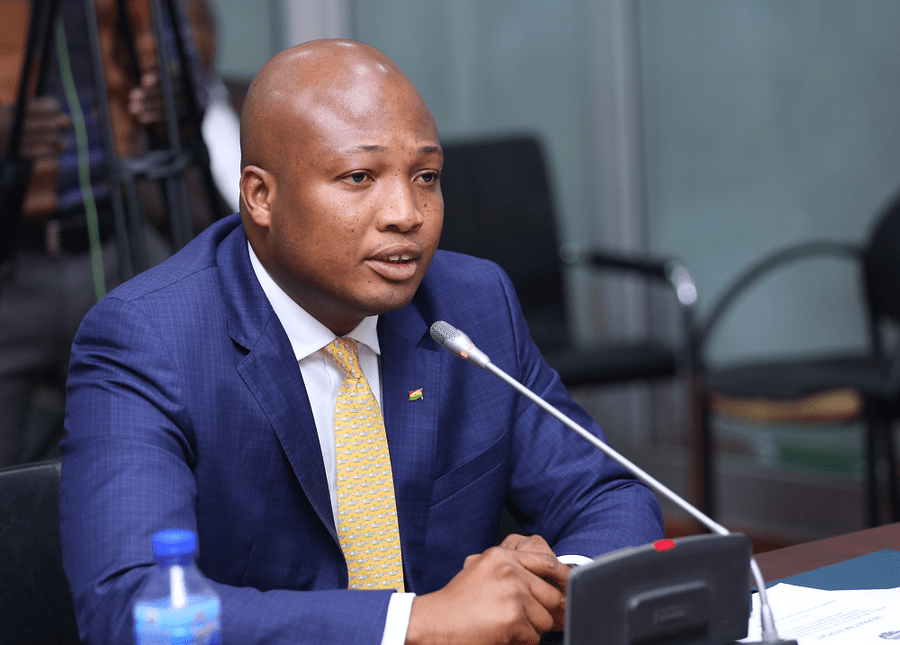
In his estimation, populist resistance to this plan has undermined an initiative that was not only reasonable but necessary.
Agyapong underscored that the helicopter crash should mark the beginning of sober discussions about how politics is conducted in Ghana.
He expressed concern that the toxic atmosphere of populism and propaganda is eroding public trust and weakening the nation’s ability to deliver important projects.
He emphasized that presidential travels, if properly facilitated, can yield significant diplomatic and economic benefits. The problem, he noted, is that discussions about such issues are often reduced to political point-scoring rather than examined through the lens of long-term national gain.
Choosing Progress Over Populist Politics
Agyapong added that politicians must be mindful of the larger consequences of their words and actions. He advised colleagues across the political spectrum to prioritize initiatives that advance the collective interest over short-term populist gains.
He cautioned that as long as politicians continue to rely on propaganda, the nation risks repeating the same mistakes.
Instead, he urged stakeholders to work together, building consensus around projects that have the potential to improve the welfare of ordinary Ghanaians.

Agyapong concluded that leadership must be about foresight and responsibility, not about fueling public emotions with partisan rhetoric.
He expressed confidence that if Ghana shifts away from divisive populism and embraces sober, practical policymaking, the nation will be far better prepared to handle crises and seize opportunities.
For him, the real tribute to those who lost their lives in the helicopter crash will not be found in empty promises.
Instead, it lies in a renewed national commitment to unity, responsibility, development, resilience, foresight, accountability, progress, collaboration, and shared purpose.
READ ALSO: GSE Loses Over GHS 2 Billion as Market Indices Slide



